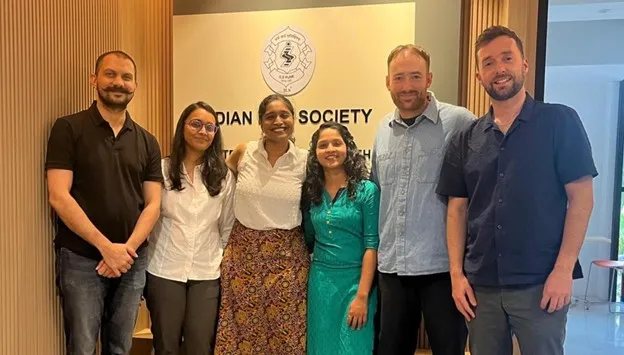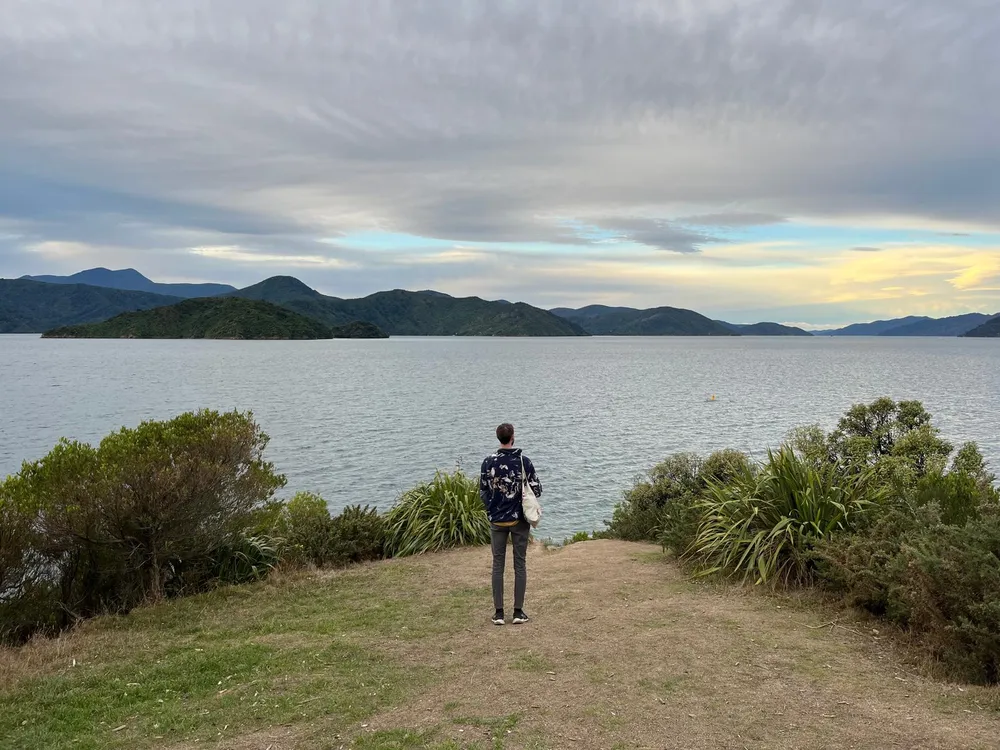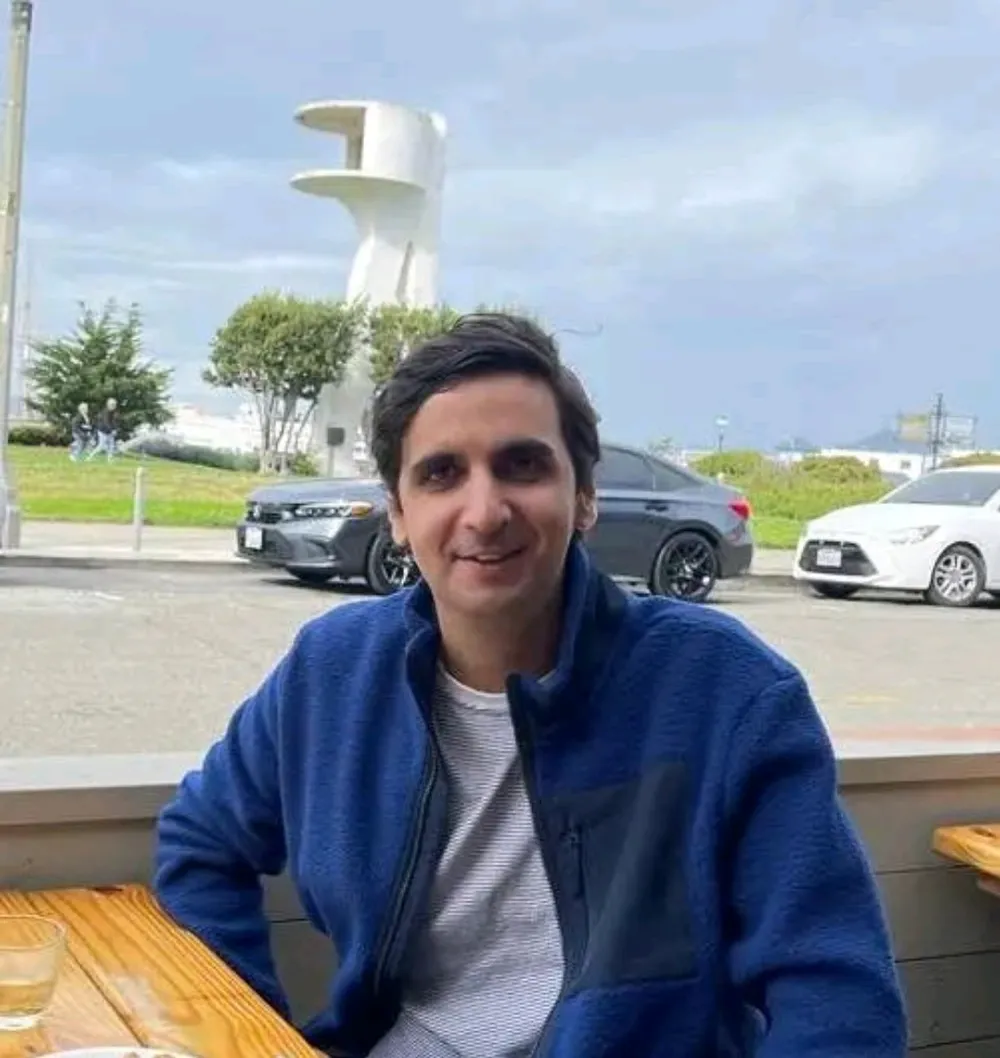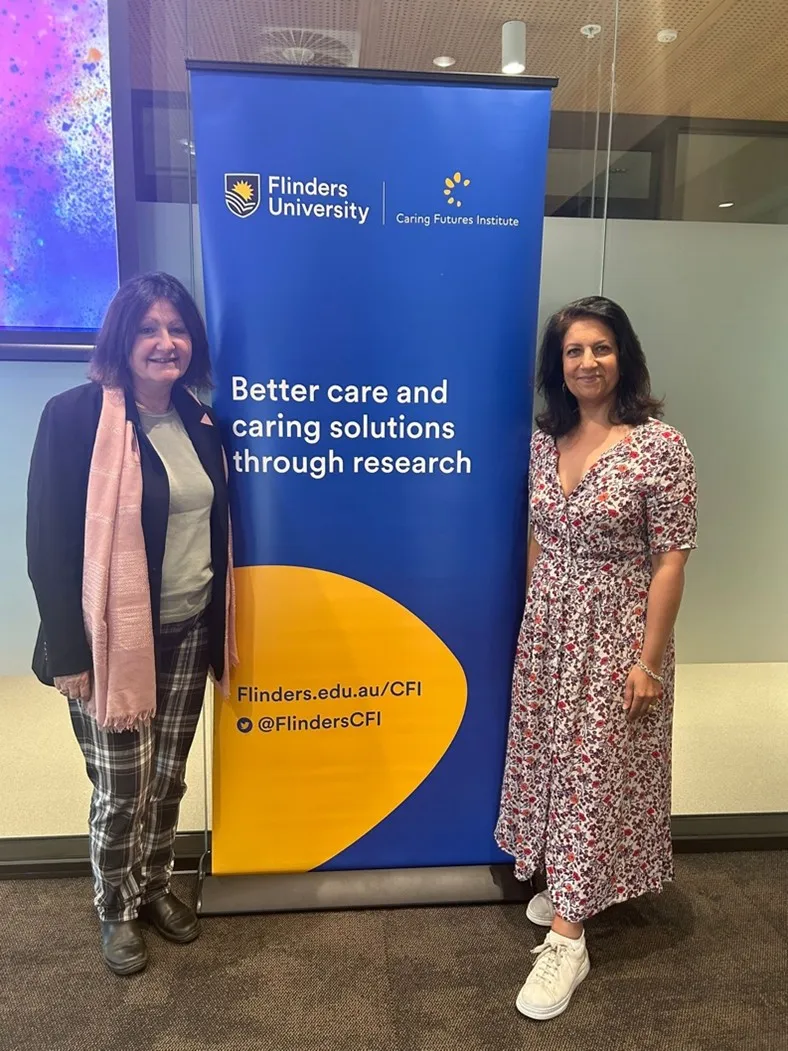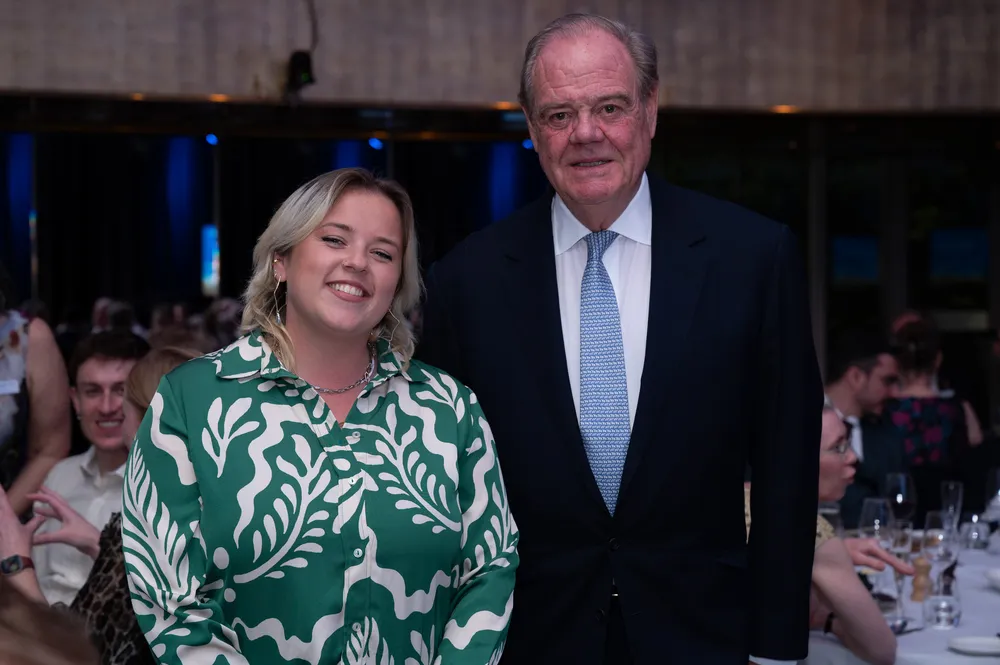It opened my eyes to the devastating impact of suicide, not just on families and friends, but on whole communities. Research suggests that one suicide affects around 135 people – and I felt the truth of that statistic as I grieved with others who loved Olly.
In the wake of his death, Olly’s family and friends came together to form Olly’s Future, a charity dedicated to preventing suicide in young people and students. One of our core projects is Dr SAMS (Suicide Awareness in Medical Students), which gives future doctors the skills to talk about suicide and support someone who may be at risk.
This matters because many of those who die by suicide have been in contact with a healthcare professional in the weeks before their death. Doctors are often the first point of contact for someone in crisis. Yet despite this, suicide prevention is not part of the core curriculum in UK medical schools. Around 9,500 medical students graduate in the UK every year without being taught how to identify or support someone who is suicidal.
Through Dr SAMS, we’ve shown that change is possible: over 2,800 medical students have now been trained. But the scale of the gap is still vast, and that’s why I applied for a Churchill Fellowship – to learn from international examples of how to close it.
I had the privilege of travelling to India, the USA, and Canada to meet inspiring people and organisations who are tackling suicide prevention with energy, creativity, and determination. My full reflections are captured in this interactive Miro board, but three things especially stood out:

